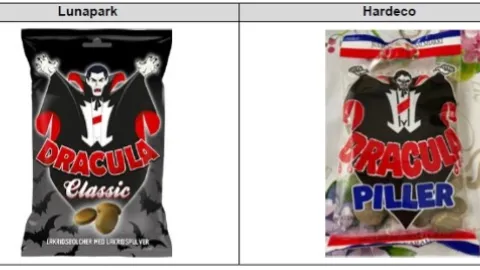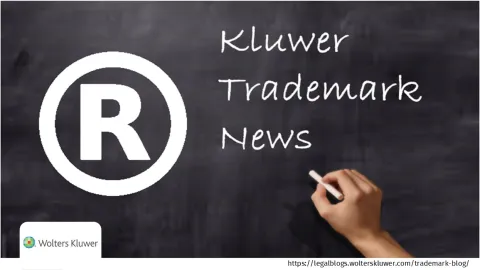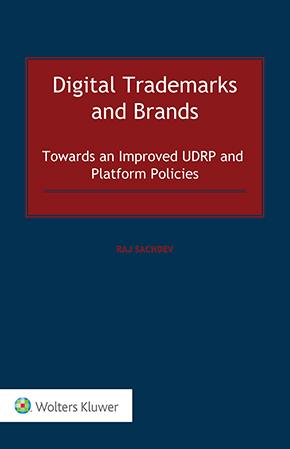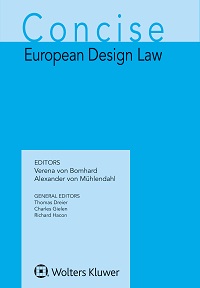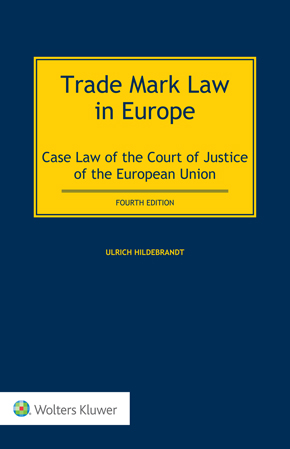Is time up for bad faith?
September 25, 2025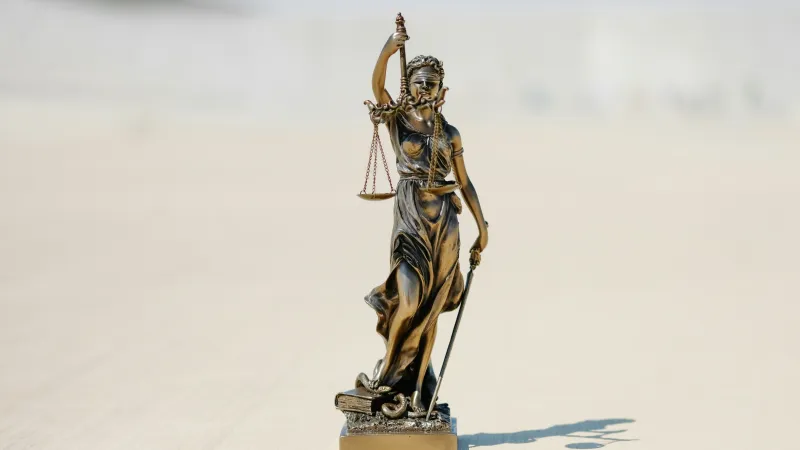
The CJEU in Sanchez Romero Carvajal Jabugo S.A.U. (“SRCJ”) v Embutidos Monells S.A. (“Monells”), looked into the limitations of the principle of acquiescence as set out by Article 9 of Directive 2015/2436 (technically this case looked at the older Second Trade Mark Directive 2008/95 due to the application dates of the rights – but the principles are the same) following a referral from the Spanish Courts.
The facts of the case, which bear relevance if not core importance, are as follows:
· SRCJ owns two EUTMs for the following marks The CJEU in Sanchez Romero Carvajal Jabugo S.A.U. (“SRCJ”) v Embutidos Monells S.A. (“Monells”), looked into the limitations of the principle of acquiescence as set out by Article 9 of Directive 2015/2436 (technically this case looked at the older Second Trade Mark Directive 2008/95 due to the application dates of the rights – but the principles are the same) following a referral from the Spanish Courts.
The facts of the case, which bear relevance if not core importance, are as follows:
· SRCJ owns two EUTMs for the following marks
in class 29 registered dating from 1999 and 2010 respectively;
· Monells applied for the following two Spanish marks
in class 29 in 2011 and 2012 respectively;
· SRCJ sent a letter to Monells in November 2016 requesting surrender of the Spanish rights – in this letter SRCJ set out deadlines by which they could invalidate (based on the principle of acquiescence referred to above) of 28 February and 18 March 2017;
· An invalidity based on bad faith was eventually filed by SRCJ against the Spanish rights in November 2021 – around 4 and a half years after the self-imposed deadline;
· In response to the invalidity Monells argued that SRCJ had acquiesced in the use, noting among other things the self-imposed deadline to file an invalidity;
· The question of whether there was bad faith was less of an issue – it was found in principle. However, the Spanish court struggled more with the issue of acquiescence, and referred two questions to the CJEU, the first (and only answered one) was (shortened to focus on the core question only):
1. Should Article 61 of Regulation [2017/1001] and Article 9 of Directive [2015/2436] be interpreted as meaning that the proprietor of an earlier registration who sets a specific time limit in the warning letter for bringing an action for a declaration of invalidity that clearly and unambiguously coincides with the general time limit of five years for bringing an action for a declaration of invalidity, is subject to the principle of estoppel, since that party has given the proprietor of the later trade mark the expectation that that proprietor will not be attacked on the basis of invalidity after the specified date?
In looking at this question, the CJEU focused on the principle of acquiescence per se and didn’t really look at the possibility of applying estoppel or good faith defences (which would have been an interesting topic, but perhaps the lack of discussion confirms that these national laws would not be applied to the harmonised trade mark landscape).
The CJEU clearly felt this was quite a straightforward issue and pointed to what can be implied from the Directive and what we have seen in general across previous decisions (primarily citing Budejovicky Budvar) to confirm two situations in which the principle of acquiescence would not apply, namely:
1. Where acquiescence has not been established on the part of the proprietor of the earlier trade mark or, in any event, it has not been established for a period of five successive years (i.e. there was not the pre-requisite knowledge); and
2. Where the proprietor of the later trade mark acted in bad faith when filing the application for registration of that trade mark
Considering this, the CJEU felt that there was no way in which acquiescence could be applied given the lack of the required good faith on the part of Monells when filing the Spanish applications. The imposition of a deadline by SRCJ, and the possible issues of estoppel that may have been raised by that, were not able to overcome the core principle that acquiescence cannot be applied in cases where bad faith is shown.
Take-Aways
This case did not end up providing any interesting insight into the possibility of applying national estoppel/good faith laws to EU trade mark matters. However, it certainly provided clear guidelines on the application of acquiescence when we are looking at bad faith (or any absolute grounds for that matter):
1. Acquiescence does not apply to bad faith applications;
2. Self-imposed deadline will not override the core principles of the Directive
You may also like


